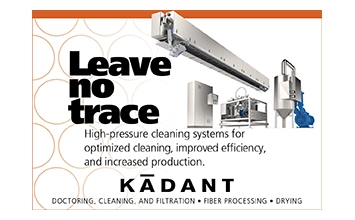The American Forest & Paper Association (AF&PA) is raising red flags over extended producer responsibility (EPR) legislation progressing in New York and Maryland, warning of cost increases and unintended consequences for recycling systems.
In New York, lawmakers are considering two EPR bills—the Packaging Reduction and Recycling Infrastructure Act and the Affordable Waste Reduction Act. AF&PA argues that both proposals advance without sufficient data, citing a state-commissioned report showing that two-thirds of recycling system metrics are missing or incomplete.
Despite these gaps, the Packaging Reduction Act could cost industry $1.3 billion annually, according to a York University study—translating to $456–$732 more per year for an average family of four. AF&PA also warns that treating paper—already widely recycled—as equivalent to harder-to-recycle materials could distort cost-sharing and penalize efficient systems.
The Affordable Waste Reduction Act faces criticism for imposing fees on paper products like bulk or unprinted paper that rarely enter recycling streams, potentially creating redundant charges across the supply chain.
Meanwhile, Maryland has enacted its own EPR law (SB 901), prompting disappointment from AF&PA. CEO Heidi Brock called the move premature, saying it sidestepped a proper assessment process and could disrupt effective recycling practices.
AF&PA urges policymakers to prioritize accurate data and practical, material-specific approaches before reshaping recycling laws.
The American Forest & Paper Association (AF&PA) represents the paper and wood products industry, which accounts for approximately 4% of the U.S. manufacturing GDP. AF&PA advocates for sustainable policies that support the industry’s commitment to recycling, renewable resources, and responsible manufacturing practices across the country.























































